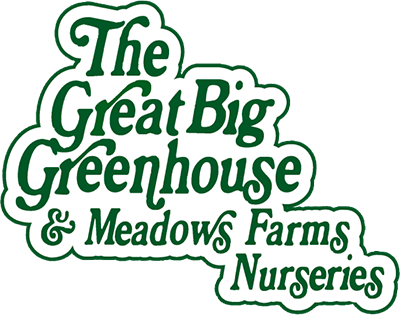Ask most people what tulips, daffodils, crocus, and begonias have in common, and they’ll tell you that they are all bulbs. And they would be half right. Tulips and daffodils are indeed true bulbs; however, a crocus is a corm, and a begonia is a tuber.
BULBS
True bulbs are actually plants in miniature. They contain fleshy modified leaves called scales, which act as food reserves, held together by a basal plate—which is stem tissue surrounded by root tissue. On the outside of the bulb is a papery covering called a tunic. Inside lies the embryo of a lower. During the growing season, bulbs will usually produce one or more offsets or divisions. Hyacinths, tulips, daffodils, lilies, amaryllis, and even onions are all true bulbs.
CORMS
A corm is a mass of modified stem tissue with a basal plate of root tissue at the base and one or more “eyes” or shoots at the top. Like bulbs, they are covered with a tunic on the outside. During the growing season, the corm is completely used up but will produce new corms above or beside the old. Crocuses, freesias, and gladiolus are all corms.
TUBERS
A tuber is a mass of stem tissue. They differ from bulbs and corms because they have no basal plate or tunic. They are usually tough-skinned and generate roots from many parts of the surface, but only grow vegetative growth from “eyes.” Begonias, anemones, caladiums, and potatoes are tubers.
A tuberous root, like a dahlia, is different from a tuber. The storage tissue is not a modified stem but is a part of the root system instead. During active growth, plants produce small fibrous roots to take in water. New growth appears only at the base of last year’s stem, with foliage and flowers appearing at the top. Dahlias and ranunculus are tuberous roots.
RHIZOMES
A rhizome is a thickened stem that grows horizontally at or just beneath the soil surface. Roots are produced from the bottom of the stem with foliage and flowers produced from the top. Some, like Lily-of-the-Valley, produce detachable growing shoots called “pips.”
DOES IT MATTER?
To the home gardener, it doesn’t matter whether a plant is a bulb or a corm, etc. What matters is that all of these are Mother Nature’s answer to an environmental problem. All of these have developed food and/or water storage capabilities to carry them through adverse conditions. Most need some sort of dormant period or rest, which is induce naturally by cold winters or summer drought and will bloom poorly or not at all without it. When growing bulbs in pots, like amaryllis, it’s up to us to enforce dormancy.
Right now you can get your own corms, tubers, bulbs, etc. for planting outside (tulips, daffodils, etc.) or even starting for indoors (amaryllis, paperwhites). Come in—we have a great selection.

